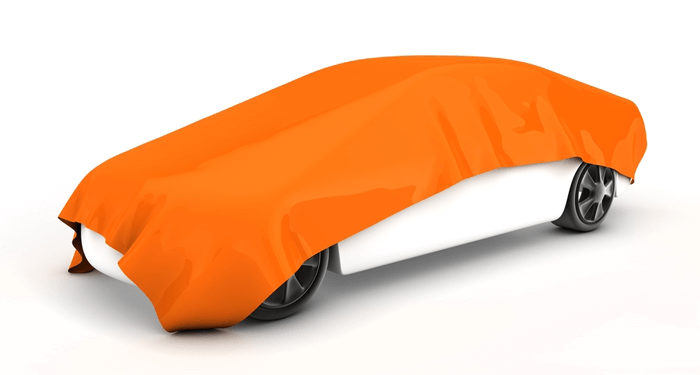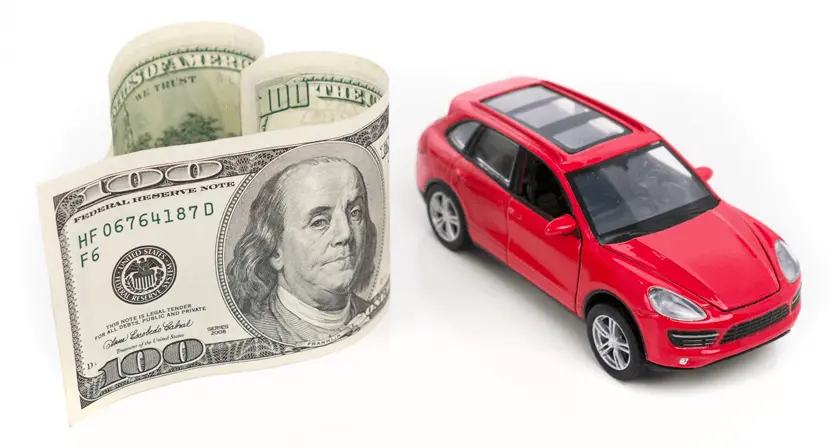The value of your car isn't the only determining factor. Learn more about the many other variables that come into play when shopping for full coverage auto insurance and tips for controlling your costs.
Do I Need Full Coverage Auto Insurance?
No matter what state you live in, to drive legally you are required to have a minimum liability coverage to cover damages to someone else’s property or health if you cause an accident.
However, liability will never compensate you for losses you experience, such as damage to your car, when you are the cause of an accident. In addition, liability will never cover losses due to non-accident events such as theft, vandalism, or natural disaster. Depending on the severity of your loss and the value of your car, the damages sustained by your car could deliver a fairly heavy blow to your economy. So should you purchase full-coverage auto insurance?
There is no simple answer to this question, but here are some things you should consider.
Your Budget
If money is not an issue and you drive a new, expensive vehicle, then find the most comprehensive policy available.
However, if your budget is tight don’t give up hope yet on full coverage. Only a few minutes shopping around may reveal a company that is offering a rate on full coverage you can afford. Try using our free quotes comparison service. You may just find that you can afford a full coverage policy.
No one has to have full coverage auto insurance, but if you can afford it, it’s always a good thing to be better protected.
Value of Your Car
If you’re driving an old junker, then full coverage may not make sense for you. You don’t want to eventually end up paying more in premiums than your car is worth. If your car is not worth a lot of money (around $4,000 or less) then you will probably be better off taking your chances and avoiding full coverage insurance.
However, if your car is worth more than $4000, full coverage is advisable.
Your Location
Do you live in a bad neighborhood? Is your car unsafe at night? Do you work in a densely populated area where accidents are common? If so, you stand to benefit from full coverage.
How Much You Drive
A final factor to think about is the amount of driving you do. There is a simple logic behind this. When you drive, you are at risk of an accident. The more you drive, the more you are exposed to that risk. If you only drive a car on occasion then there should be no need for full coverage insurance. Additionally, you should also consider what other people drive the car. If you are the only one and you know yourself to be a safe driver, then there is no need for full coverage. If you have other people on the policy such as a teenage child or another inexperienced driver, it is better to select full coverage as an accident is a lot more likely.
Understand What Each Carrier is Offering
Before you sign up for full coverage, you’ll need to do some homework. Different insurance carriers mean different things when they say “full coverage.” There is no set standard for services or coverage under that label.
However, here are the three basics that all full coverage packages include and what they cover:
- Liability coverage pays the other person’s expenses if you cause an accident. Some policies even include coverage for legal fees in case you are sued.
- Comprehensive coverage pays for non-collision damage if your car is not moving. For example, damage caused by weather, vandalism or theft.
- Collision coverage pays for repairs and replacements needed for your car after an accident in which you are at fault, subject to a certain limit outlined in the policy.
Whether or not you decide to get full coverage, you should always make sure that you are getting the best deal possible from your insurer. You can do this by shopping around before you buy. Comparing quotes online is the quickest and easiest way to find the best price.


